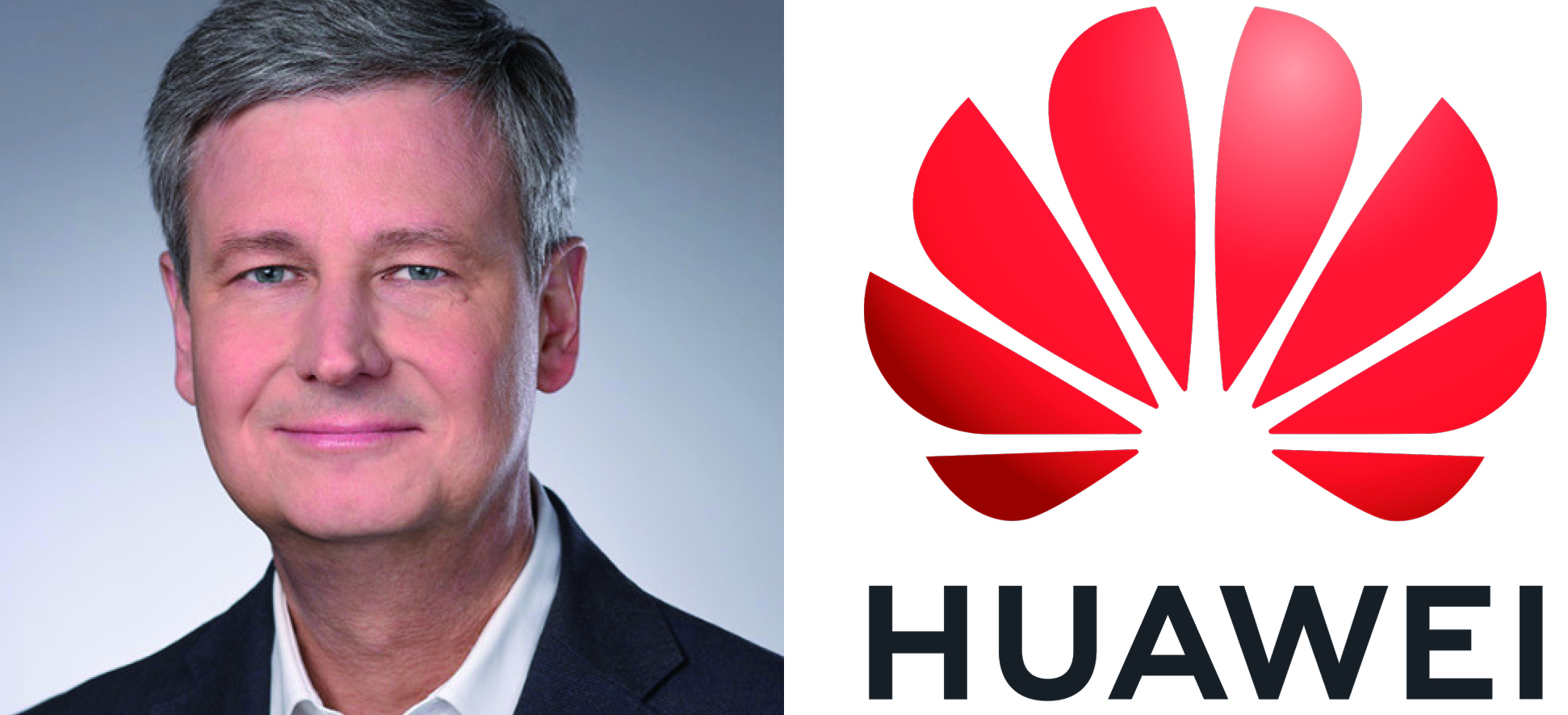
eMove360° e-Monday Kongress
“Mobilität 4.0 im Lifestyle der Zukunft”
18. Juni 2020
H4 Hotel Messe München
ZUM KONGRESSPROGRAMM
Dr. Michael Lipka
Manager Technology Planning
HUAWEI TECHNOLOGIES
ABSTRACT
Forces in industry, regulation offices as well as infrastructure and service providers are continuously moving forward, sometimes in competition, in constructing solutions that can deliver what everyone wants to see as future mobility. Despite the innovative progress is breath taking, it seems to be more challenging than we all thought a couple of years ago. Several areas can be identified where concepts used up to now did not provide the necessary performance and did not allow generating the required safe processes, since:
1. The amount of data to be dealt is bigger than thought,
2. The right balance in the distribution of data processing and storage is needed to be found,
3. The resulting data communication network architecture with guarantied bandwidth and latency is not installed, and
4. The development of realistic and safe role concepts for AI in vehicles and transport systems is demanding.
It looks as if industries and technologies must cross all traditional borders, leave old business models behind and become something new, concerning scope and role models. Only then holistic, adaptive solutions can grow. While some players currently invest billions of dollars into the race to build the first robocar in which a human driver will be replaced by a machine, in China and Japan new metropolitan areas get built with integrated mobility options and services.
It is just the start in the direction of completely new sceneries of life, work and transport, where conventional passenger cars will still be built and sold to individual owners for many years to come, but the market will be increasingly complicated and economically tough with shrinking numbers, climate discussions and diverse energy options.
Focusing on innovating individual vehicles may look short sighted for some observers though if vehicles will become adapted subsystems and their specifications result from a top down overall systemic mobility architecture understanding.
We will discuss the challenge of future competing business models of autonomous drive alone cars with automated infrastructure supported fleets and its technical implications.
VITA
Michael received a diploma in Communication Engineering from the Technical University of Darmstadt in 1991 and a PhD in Semiconductor Technologies for RF Devices from the University of Ulm in 1996. He held different management positions in the communication industry from 1991 to 2007, in particular working for Alcatel, Siemens, and Nokia with a focus on technology management for narrowband switching and mobile communication systems. From 2007 to 2016 he was project manager for strategic long-term technology planning activities within Siemens Corporate Technology, where he worked on the development of long-term visions for different Siemens businesses. Since 2017 he has been manager for technology planning in Huawei’s European Research Institute.